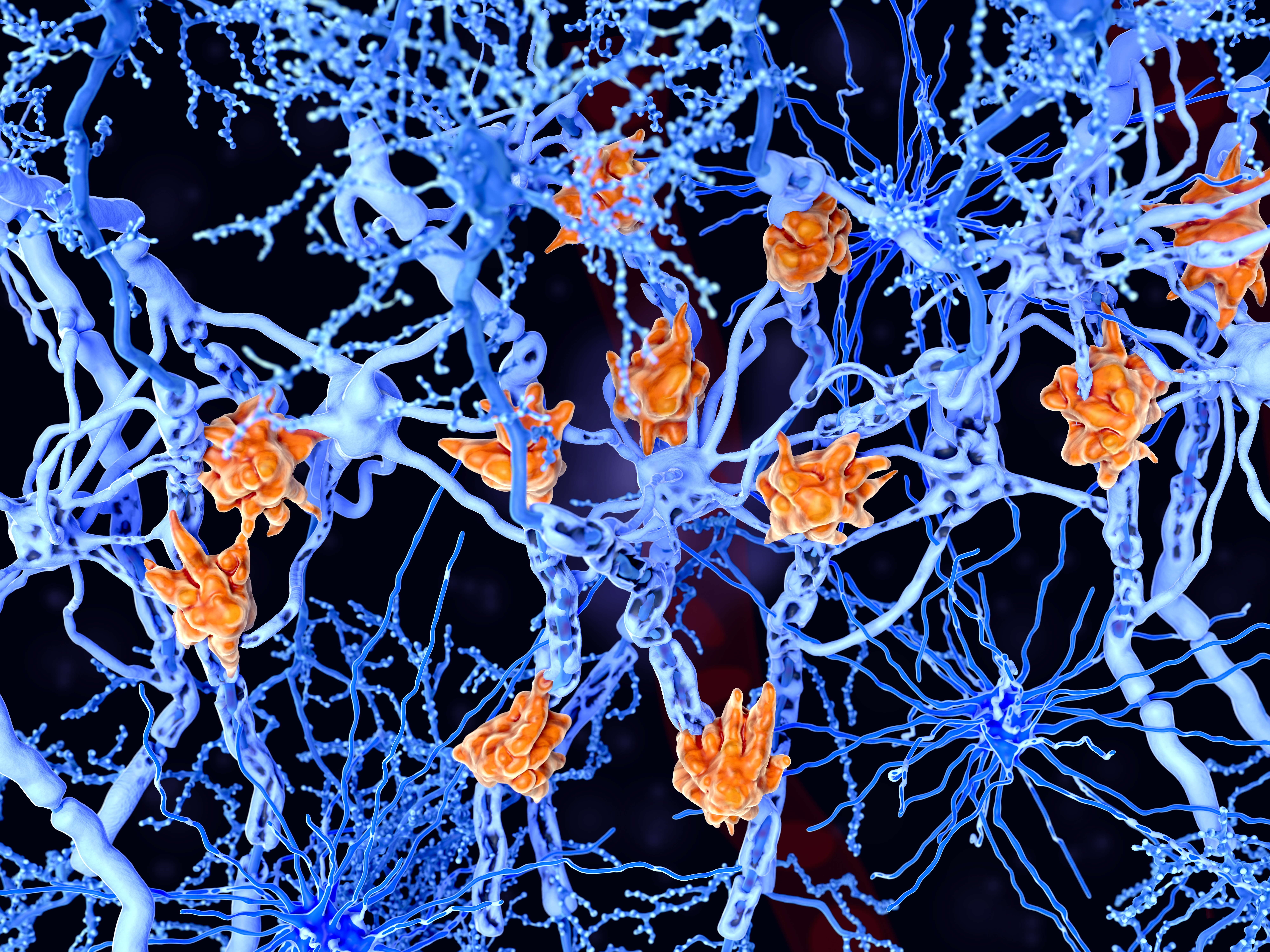
What is Multiple Sclerosis (MS)?
Multiple Sclerosis (MS) is a chronic autoimmune disease that affects the central nervous system, specifically the myelin that covers nerve fibers. This can result in a range of symptoms, including muscle weakness, vision problems, fatigue, and difficulty with coordination and balance.
There are four main types of Multiple Sclerosis (MS):
-
Relapsing-Remitting MS (RRMS): This is the most common form of MS, characterized by unpredictable flare-ups or relapses of symptoms, followed by periods of partial or complete recovery.
-
Secondary Progressive MS (SPMS): This type of MS typically develops after an initial period of relapsing-remitting symptoms. It is characterized by a gradual worsening of symptoms over time, with fewer or no relapses and remissions.
-
Primary Progressive MS (PPMS): This type of MS is characterized by a slow but steady progression of symptoms from the onset of the disease, with no relapses or remissions.
-
Progressive Relapsing MS (PRMS): This is the least common form of MS, characterized by a gradual worsening of symptoms from the onset of the disease, with occasional flare-ups.
It's important to note that the course of MS can be different for each person, and many people with MS may experience a combination of these types over time.
The exact cause of MS is not yet known, but a combination of genetic and environmental factors is believed to play a role. Some of these factors include a family history of MS, being female, having a history of viral infections, and living in temperate climates. Studies have shown that vitamin D may have a protective effect against MS and lower the risk of its development, with some studies suggesting that people who already have MS may have benefits from taking vitamin D. Nutritional recommendations may also include omega-3 fatty acids and antioxidants.
The outcomes of MS can be unpredictable and can range from mild to severe. Some people with MS may have a relatively benign course with only minor symptoms, while others may experience progressive disability over time.
Treatment for MS
Treatments for MS include medication, physiotherapy, occupational therapy, and nutritional therapy. Medications can help to slow the progression of the disease, reduce inflammation, and improve symptoms. Physiotherapy and occupational therapy can help to improve mobility, balance, and coordination, and can also help to manage fatigue.
Physiotherapy for MS often involves exercises designed to improve strength, balance, and coordination as well as managing fatigue, incontinence and dizziness. Some common techniques used in physiotherapy for MS include aerobic exercise, resistance training, and balance training. Treatment for continence issues involves Pelvic Floor Physiotherapy, which targets bladder overactivity and pelvic floor muscle weakness. Occupational therapy, on the other hand, focuses on helping people with MS to perform everyday activities, such as dressing, cooking, and bathing, with greater ease and independence as well as setting up people with aids and devices to make these tasks easier.
MS is a complex and unpredictable disease that can have a significant impact on a person's life. However, with proper management, including medication, physiotherapy, occupational therapy, and nutritional therapy, many people with MS can lead fulfilling and active lives. Our therapists have a lot of experience working with MS and are passionate about helping people to live their life to their fullest capacity.